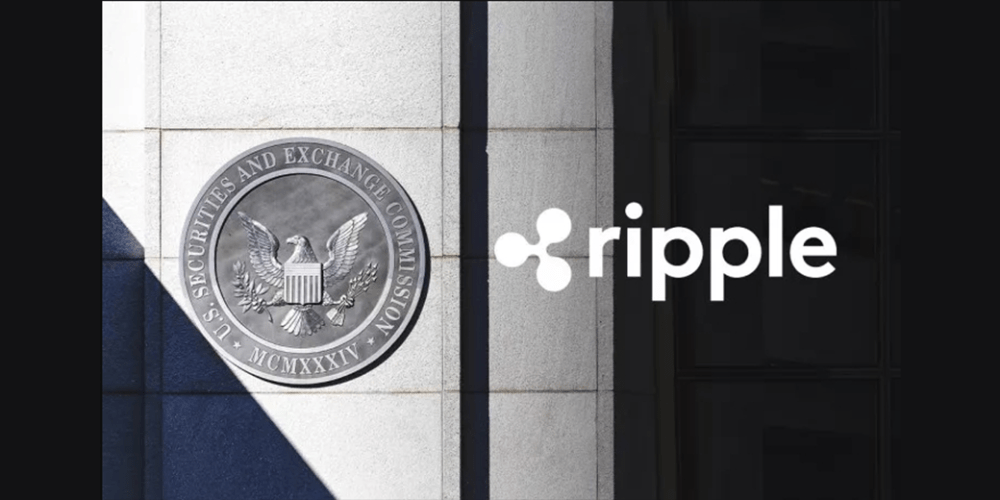Ripple Labs Scores Victory as Court Rules XRP Token Not a Security

Ripple Labs Scores Victory as Court Rules XRP Token Not a Security
Ripple Labs, the blockchain company behind the XRP token, has achieved a significant victory in the United States District Court in the Southern District of New York. On July 13, Judge Analisa Torres ruled in favor of Ripple in a case brought forth by the Securities and Exchange Commission (SEC) dating back to 2020.
The ruling, based on documents filed on July 13, grants summary judgment in favor of Ripple Labs, affirming that the XRP token is not a security. The SEC lawsuit sought to compel Ripple to stop offering XRP, claiming that it constituted a security and required additional regulation.
Judge Torres's decision specified, "Defendants' motion for summary judgment is GRANTED as to the Programmatic Sales, the Other Distributions, and Larsen's and Garlinghouse's sales, and DENIED as to the Institutional Sales."
Following the announcement, the price of XRP experienced a significant surge, soaring from $0.45 to $0.61 in a matter of minutes, representing a 25% increase at the time of this article's publication. This sudden movement has elicited jubilation across the crypto community.
The SEC initially sued Ripple and its chief executives, Brad Garlinghouse and Chris Larsen, in December 2020, alleging that the company was conducting an unregistered securities offering. The case has been marked by notable events, including the release of the "Hinman Documents" and Garlinghouse's steadfast denial of the SEC's accusations.
In her ruling, Judge Torres recognized that Ripple's sales of $728.9 million worth of XRP to hedge funds and sophisticated buyers constituted unregistered sales of securities. However, she deemed that XRP sales on public cryptocurrency exchanges did not qualify as securities, as purchasers did not expect profits tied to Ripple's efforts.
Additionally, Judge Torres ruled that XRP sales on cryptocurrency platforms by Ripple CEO Brad Garlinghouse, co-founder and former CEO Chris Larsen, and other distributions, including compensation to employees, were not securities. However, the question of whether Garlinghouse and Larsen aided the company's violation of the law will be determined by a jury.
The court's ruling provides a nuanced perspective on the matter. While XRP is considered a security when used for institutional sales, it is not categorized as such when sold to the broader public. Although the verdict is twofold, the crypto community generally views it in a positive light, particularly retail investors who are primarily invested in the non-security aspect of the ruling.
It is worth noting that the SEC has been intensifying its enforcement actions against entities it deems to have violated securities laws in the United States. Recent lawsuits include those filed against international players in the crypto market, such as Binance, and domestic companies like Coinbase.
The SDNY's ruling in the Ripple case is a significant development in the ongoing debate over the classification of cryptocurrencies and their compliance with securities regulations. The outcome may have broader implications for the crypto industry and the regulatory landscape moving forward.